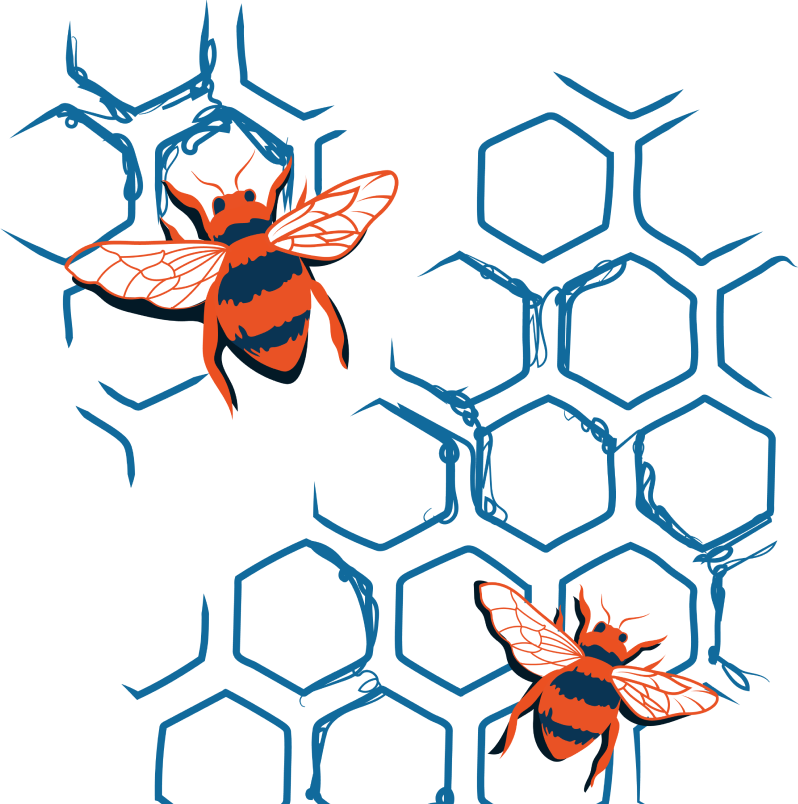There is an unfortunate perception that compliance departments simply operate as a team of 'box checkers', helping companies avoid legal and financial consequences relating to bad employee or supplier behavior. However, I truly believe that the compliance function (and third-party compliance in particular) can help foster ethical behavior throughout international supply chains. I recently contributed an article to Chief Executive that looked at the connection between third-party compliance and global business ethics. In part:
"In reality, good compliance is much deeper and more powerful than box checking; it’s a way to reinforce ethical behavior throughout international supply chains, resulting in changes that create better social conditions on the ground.
It’s not just altruism either. Ethical companies are increasingly being rewarded as investors recognize they are more sustainable and build stronger brands and reputations over the long term. Assets under management in funds that abide by environmental, social and governance (ESG) principles have more than doubled in the past three years, and they’ve outperformed traditional sectors during the pandemic.
...But there’s another benefit to vigorous compliance that’s often missed. Call it a multiplier effect. When enforced across a multiplicity of companies, compliance becomes even more powerful. A supplier might be tempted to skirt rules from one buyer. But if several key customers are laying down requirements, the supplier quickly realizes its whole business would be threatened by a failure to comply. That, in turn, can have a domino effect throughout a supply-chain ecosystem as those suppliers push their own vendors to get their houses in order."
READ THE FULL ARTICLE - The Ripple Effect: When Compliance Efforts at Home Have a Global Impact






